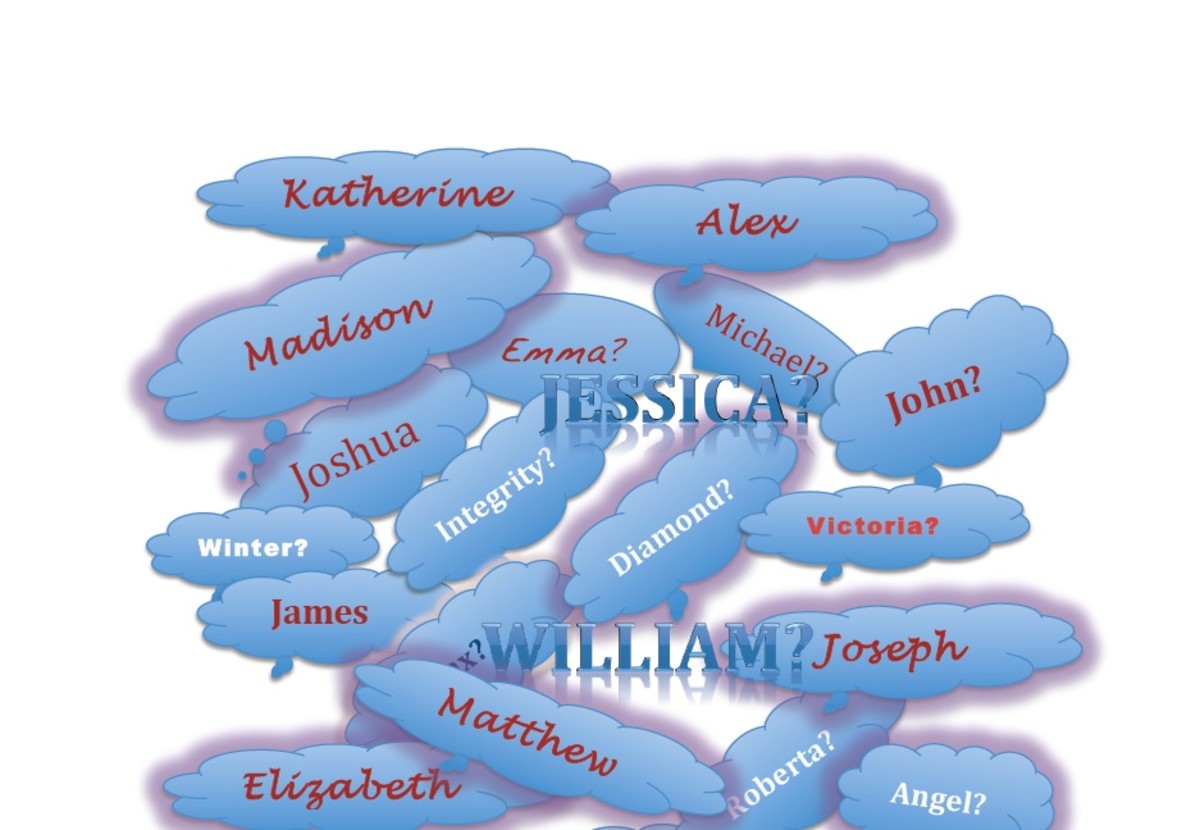Book Review: Beyond Freedom and Dignity by B.F. Skinner
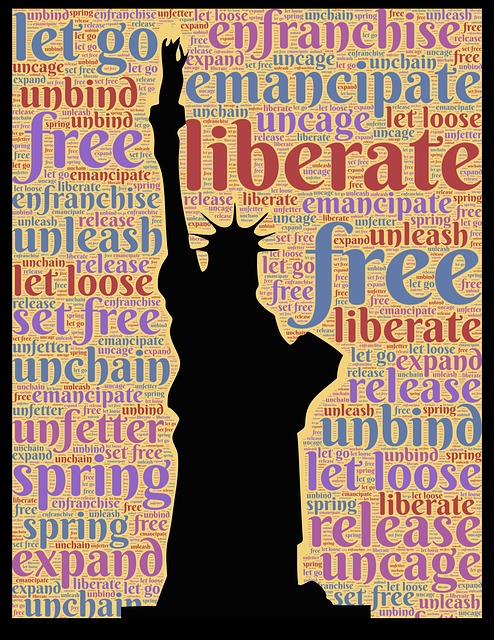
Free Will in B.F. Skinner’s `Beyond Freedom and Dignity`.
In his landmark text, Beyond Freedom and Dignity, B.F. Skinner argues against the notion of free will and individual autonomy. Although B. F. Skinner denies the existence of an actual individual autonomy in the human condition and seems to write off free will as a sort of fantasy, the practice of free will can still take root and flourish in an individual that leads an examined life. Such a person may educate himself or herself to understand the forces in nature and nurture that comprise the human being and a human's specific sets of behaviors.
From this understanding, one may go on to shape one's own behaviors, based upon this knowledge. That is, an educated person leading an examined life realizes that he or she has more choices available and is not a slave to environmental factors and can make the choices necessary in order to lead the type and quality of life he or she desires.
For example, habits can be broken and control/manipulation from others avoided. This last action is vital in avoiding abusive relationships, which are a scourge in American society coast-to-coast and evident in other societies as well; numerous anti-abuse prevention and support groups have arisen to aide in self-understanding.
The Pillars of Creation
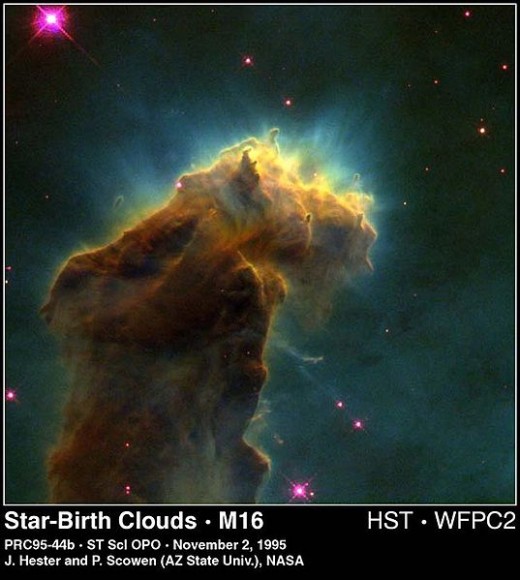
Technology
Skinner states that the notions of freedom and dignity have aided advances in the human condition, but likely hold back technology in the understanding of human behavior.
The human body may be, in fact, a machine and emotions may be checmically based, but the human indidivual is not solely a machine. Judeo-Chrsitian theology (and perhaps others), gaining agreement from growing numbers of scientist, including physicist Paul Davies, tells us that an indidivual comprises a body, a soul made up of mind, thought and emotions; and a spirit distinct from body and soul.
This is a belief held by a majority of Native American and First Nation religions aross the Western Hemispere as well. Skinner may have seen all of this as external locus of control, but either position is difficult to prove via scientific method or subjectively. Thus, there remains a divergence in belief among mankind as to whether free will exists or not. However, I believe that in living a continued examined live, one can become more and more "free" in one's own will and autonomy.
Emotion vs. Cognition
- B. F. Skinner - Skinner Box
- Emotions and Abuse: Are Humans Naturally Violent?
- Dresses That Read Emotions?
A human being is composed of a physical body, a unique essence or spirit, and a soul that is made up of emotions, the mind, and behaviors. Not everyone believes that a human being has a spirit...
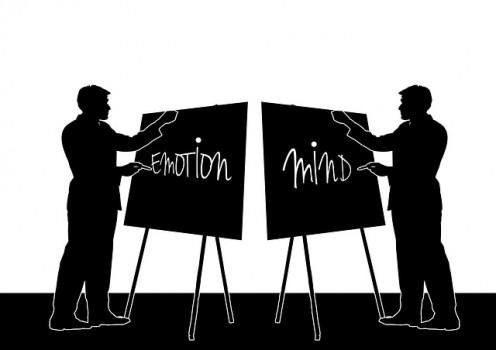

Related Films
- Awakenings (1990)
True story of a medical scientist portrayed by Robin Williams, with Robert Deniro as his prime patient. - A Beautiful Mind (2001)
True story, starring Russell Crowe. A scientist is enlisted by the government to help during WWII with codes and such, but is never allowed to see the results of any of his work. Obsessive thoughts take over his life as he tries to find out. - Mr. Brooks (2007)
- Patch Adams (1998)
Robin Williams as Dr. Patch Adams and how the doctor began his own treatment and wellness community in West Virginia. - Psycho (1960)
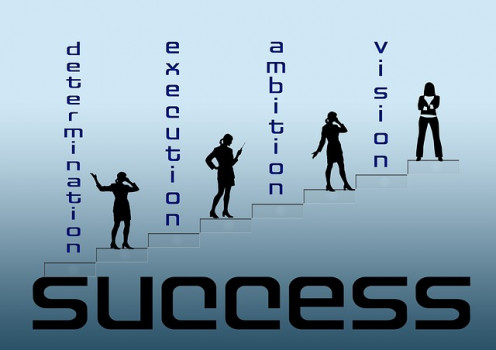
Personal Achievement
Skinner also writes that the notion of personal achievement is not scientific. However, in the intervening 35+ years since his book was published, the well known body of psychology literature has shown us that personal achievement is necesssary to develop healthy self esteem required to function in interpersonal relationships, groups, and the workplace.
Thus, I believe that personal achievement is necessary, even per scientific method or science, as a positive reinforcement in child rearing and maturation and should not be discarded. It is when competition becomes vicious and obsessive that problems in living occur, in my opinion.
Skinner goes on to state that character is assigned to individuals based on environmental factors. That is, they have no choice and have no input - nothing to do with it whatsover. The literature, especially school based character development curricula, shows us that character is "who you are" and is highly individual, but can be molded somewhat by the family, schools, and religious institutions, among others - even by gangs and one's captor if one is kidnapped (Stockholm Syndrome).
Personally, I do not agree that character is "who you are" and behavior is "what you do" and that the two are mutally exclusive. This is an excuse not to be and do one's best and to do whatever onee wants, without consequences - from painting a lovely portrait and ending cancer to raping an infant (see embedded link). I see a cause-and-effect relationship that who you are influences what you do. Internal stress and evironmental factors can change that outcome and lead to bizarre behaviors in the "best" of us, but behavior and character are linked.
Where Skinner wishes to disregard emotions as somehow useless, I believe that emotions are individual and a major component of the human being that can be understood, used and/or controlled as needed by an educated, alert person. Overall, I disagree with B.F. Skinner and believe that free will and autonomy are possible and that personal achievement and healthily-expressed emotions are necessary for a well-adjusted, productive, fulfilling life.
References
- Davies. P. ( 1992). The Mind of God. UK: Simon & Schuster.
- Skinner. B.F.(1971). Beyond Freedom and Dignity. NY:Knopf.
- Skinner. B.F. (1976 ) Walden Two. NY/NJ:Prentice Hall.
Paul Davies Links
- Paul Davies
Read about Davies' new work in astrobiology and the search for the origins of mankind. - Australian Centre for Astrobiology
- Faith and Reason
- The Third Culture
Paul Davies talks about his book - Cosmic Jackpot
A Short Selection of Articles from Paul Davies
- 'Does the universe have a purpose? Perhaps,' New York Times 6 October 2007
- 'Quantum leap of faith,' The Australian, 30 May 2007
- 'Life, the universe and everything', Cosmos 14, 46 (2007)
- 'Reloading the matrix', Science & Spirit, March/April 2007, p. 58
- 'The universe's weird bio-friendliness', The Chronicle Review, April 6, 2007, p. 14
- The books that changed me, Sun Herald (Australia), 12 November 2006, p. 48
- Interview "E.T. contact would transform society", Ohmy News, 17 January
2006, http://english.ohmynews.com/articleview/article_view.asp?menu=c10400&no=269045&rel_no=1
- "That mysterious flow", Scientific American special edition, January 2006, p. 82
- Review of Warped Passages by Lisa Randall in Nature, Vol 435, 30 June 2005, p.1161
- Review of Looking for Life, Searching the Solar System by P. Clancy, A. Brack and G. Horneck, New Scientist , 25 June 2005, p. 50
- 'Goodbye Mars, hello Earth,' New York Times, 10 April 2005
- "E = mc 2 centenary survey," web publication, April 2005
- 'Seeking inspiration in science,' Times Higher Education Supplement, 11 March 2005.
- 'Chance or creation? Only the multiverse knows for sure,' Science & Theology News, January 2005, p. 35
- 'When time began,' New Scientist Supplement, 9 October 2004, p. 4.
- 'Einstein the first spin doctor,' The Guardian, 10 April 2004
- 'Life (and death) on Mars,' New York Times, 15 January 2004
- 'Dark forces of the cosmos,' The Bulletin (Australia), December 10, 2003, p. 58
- 'ET & God,' Atlantic Monthly, September 2003, p. 112.
- 'Was Einstein wrong?' Prospect Magazine (UK), April 2003
- 'How we could create life,' The Guardian (UK) December 11, 2002
- 'The cradle of life,' The Bulletin (Australia), December 11, 2002
- 'It's true, men really are from Mars,' The Guardian (UK) October 30, 2002
- 'Not so fast Einstein, light's got the brakes on,' Sydney Morning Herald, 8 August 2002
- 'Consciousness: Paul Davies talks to Stephen Jones at Tucson II,' http://www.cultureDotCom.au/brain_proj 19 June 2002
- 'Can time run backwards?' The Bulletin, March 2002
- 'Time travel,' The Age, 24 November 2001
- 'Liquid space,' New Scientist, 3 November 2001
- 'ET phone in ... please,' Sydney Morning Herald, 28 April 2001
- 'Bang goes Einstein's speed of light theory,' S ydney Morning Herald, 21 July 2000
- 'Consciousness' The Advertiser, 20 July 2000
- 'Light goes backwards in time,' The Guardian, 20 July 2000
- 'Time travel,' The Bulletin, March 2000
- 'Martian life on earth: the test,' The Advertiser, 15 January 2000
- 'The gospel according to science,' The Times Higher Education Supplement, 28 January 2000
- 'Is there life out there?' The Wall Street Journal, 24 September 1999
- 'Life force,' New Scientist, 18 September 1999, p. 27
- 'Martians attack!' The Age, 14 June 1997
- 'Matter-antimatter,' Sky and Telescope, March 1990, p.257
- 'Science is falling into a black hole,' The Independent on Sunday, 11 February 1990
- 'Space, time and the superbeing,' The Times Higher Education Supplement, 5 January 1990
- 'Brain drain putting science in crisis, claims professor,' The Daily Telegraph, 28 March 1989
- 'The ultimate computer,' Nature 292, 9 July 1981, p. 112
© 2007 Patty Inglish MS



